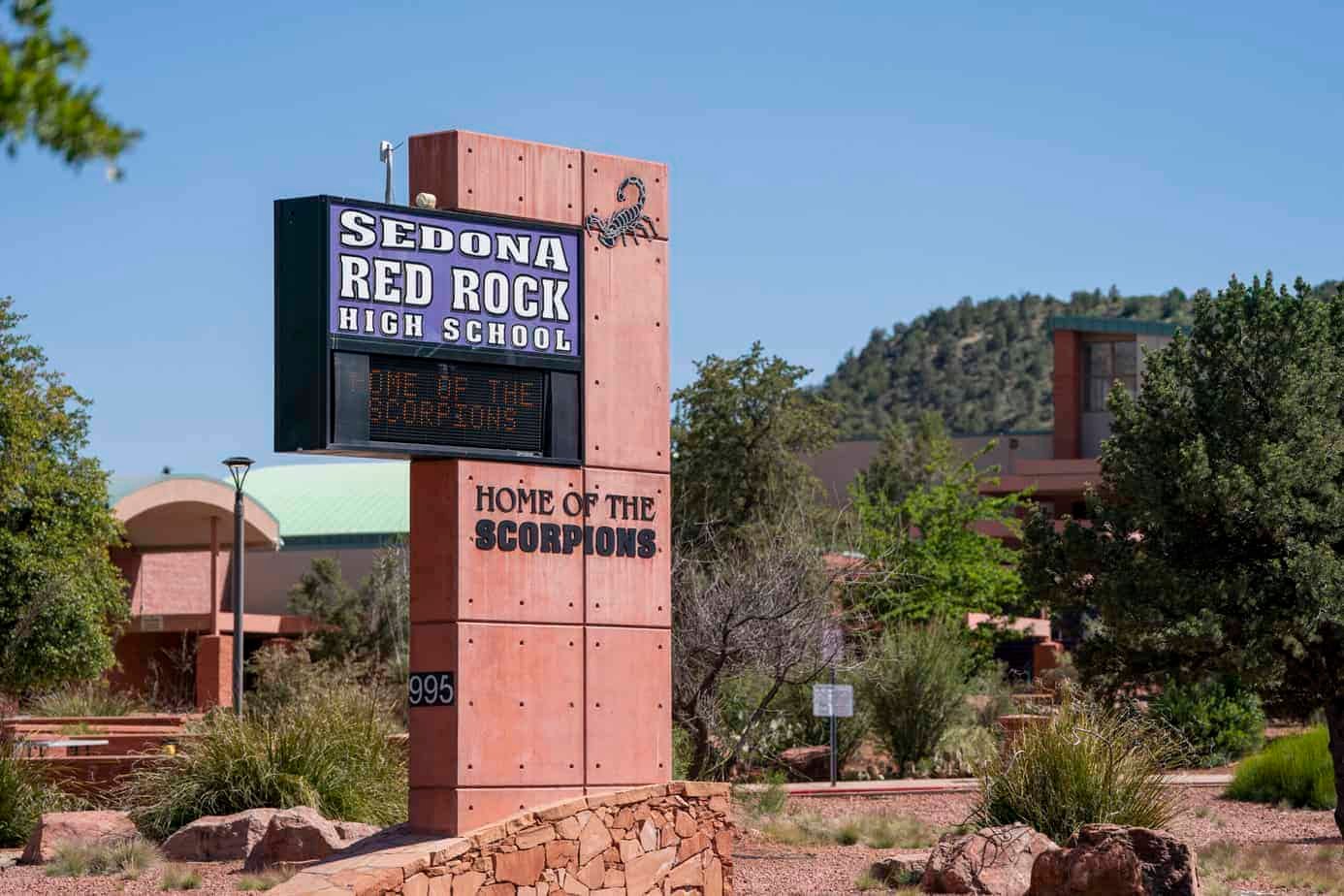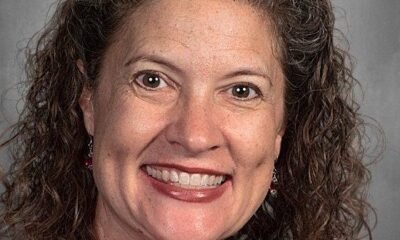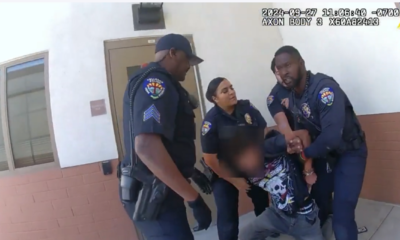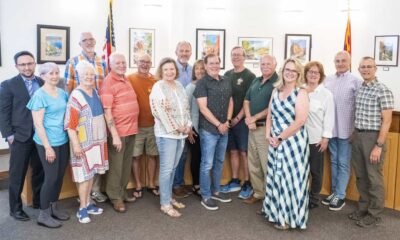Business
$10 Million Boost for Sedona Schools: A Game Changer for Education

The Sedona-Oak Creek Unified School District Educational Foundation announced on January 27 that it has raised over $10 million from community supporters passionate about education. This funding will enable the foundation to broaden its mission beyond scholarships to include support for various school programs.
“This increases our annual budget by 4.2% of the endowment total,” said SOCSD Superintendent Tom Swaninger, Ph.D. He noted that this funding will specifically benefit theater, preschool initiatives, and the Wildcats Extended Day Program at West Sedona School.
The endowment, managed by the Arizona Community Foundation, is expected to yield a 7% return annually. Swaninger emphasized the significance of this funding, stating, “A 4.2% return is substantial, but salaries for teaching staff—averaging between $105,000 and $115,000—can quickly consume those funds.” Any unspent returns will be reinvested, ensuring the principal remains well protected.
A series of financial safeguards will be in place, with the foundation board limited in expenditures to maintain at least 80% of the endowment’s peak value. Sheri Denny, ACF Regional Director, explained the establishment of two nonprofit funds: one for board-designated purposes and another reserved for immediate spending, bolstering SOCSD’s mission.
The foundation’s leadership includes President Randy Hawley, Vice President Basil Maher, Treasurer Joan Rumble Bouck, Secretary Mimi Maher, along with Bradford Andrews and Swaninger. As part of a strategic initiative, Swaninger has proposed a wishlist of potential programs aimed at enhancing educational offerings, which he estimates would require a total endowment of roughly $30 million to fully implement.
“That’s a lofty goal, but it reflects our commitment to excellence,” Maher remarked. For 2025, the foundation plans to form committees focused on public relations and fundraising, recognizing that a strong school system is essential for community viability.
Swaninger outlined his wishlist, which includes expanding Spanish instruction and hiring specialists in instructional technology and career guidance. He highlighted the need for additional classroom support, particularly in primary grades, through roles like instructional coaches and aides.
A revival of the district’s theater program is a top priority for Swaninger. New funding could facilitate the hiring of a dedicated theater teacher, with job listings anticipated in February. “We’re eager for someone who can connect with students interested in the arts,” he added.
In addition, the SOCSD Governing Board voted on July 9 to reinstate preschool tuition. The foundation will cover the gap between tuition and operational costs, aiming for a vision of fully funded preschool education. However, SOCSD will not revert to free preschool due to its limited impact on enrollment growth.
The endowment may also finance a revived football program, which Swaninger estimated would require initial funding of $30,000 to $50,000, excluding ongoing expenses. Interest in the program has been noted among 42 prospective students. The board is expected to decide on the program’s return by mid-February, having already initiated the process by advertising for coaching positions.
Hawley expressed pride in the foundation’s accomplishments since its inception in 2018, acknowledging its expansion beyond a single-issue focus. “Many students have accessed postsecondary education because of our scholarships, a testament to our work,” he stated.
As the foundation moves forward with renewed momentum, Board member Jennette Bill commented on the revitalization
















